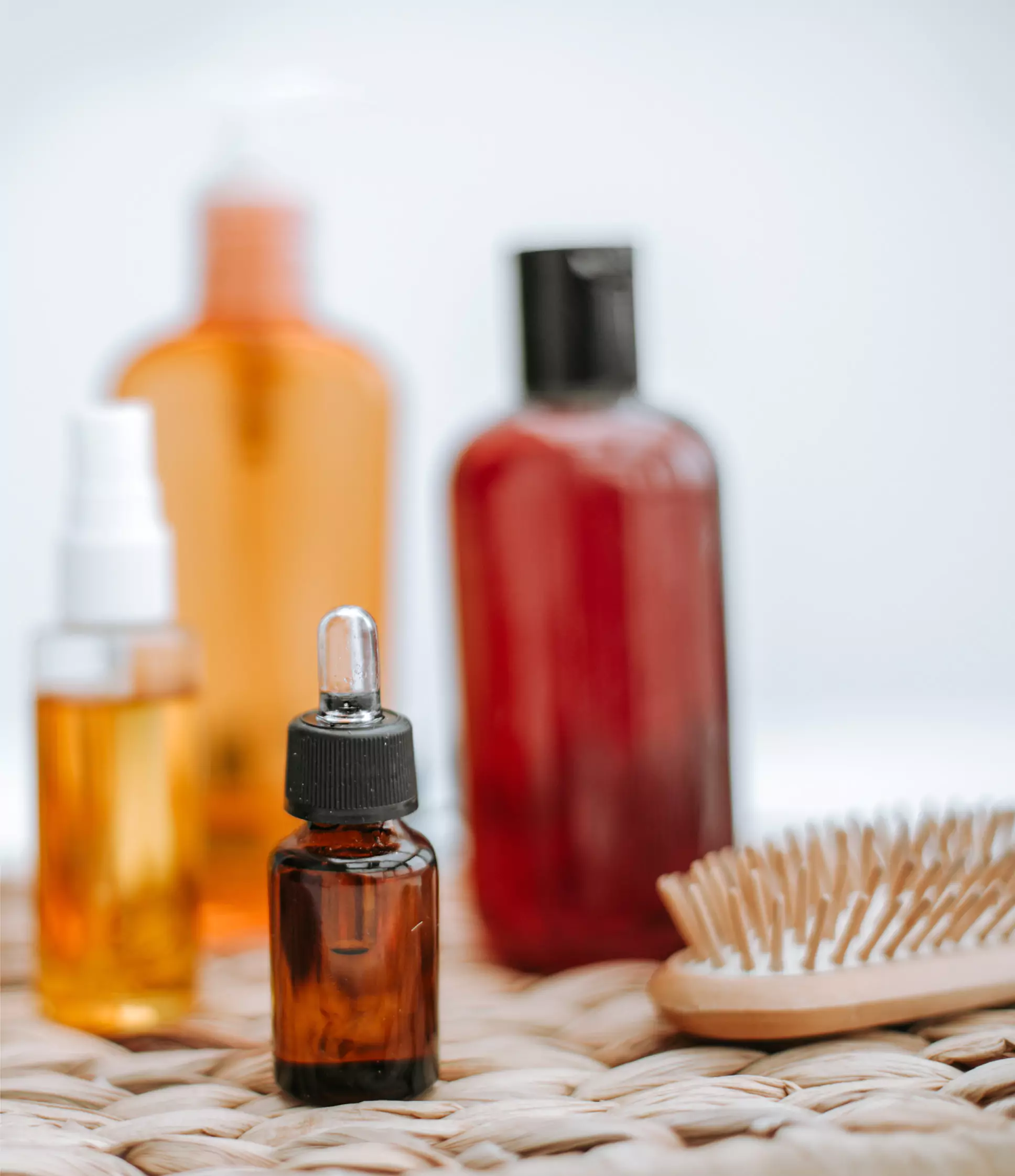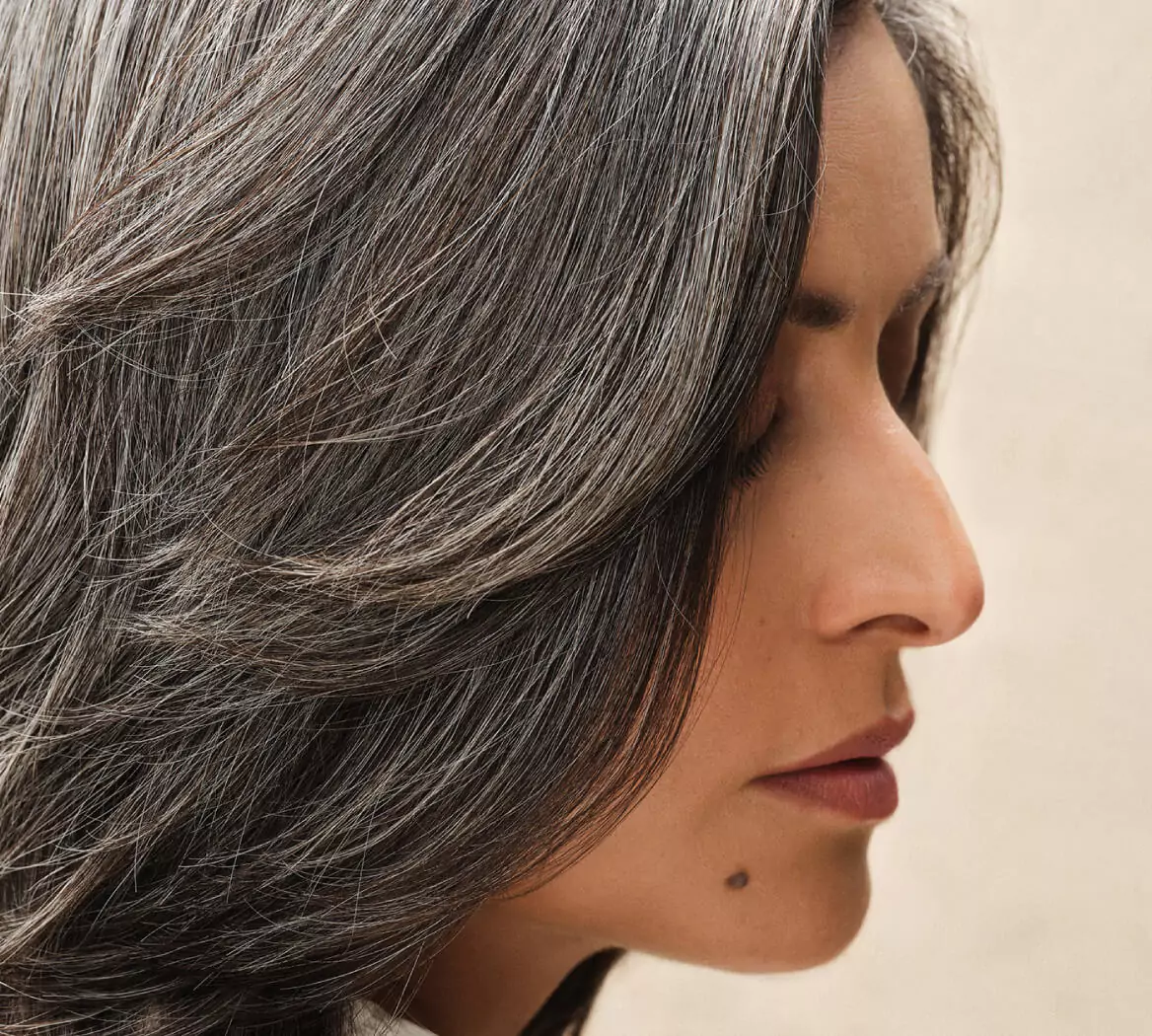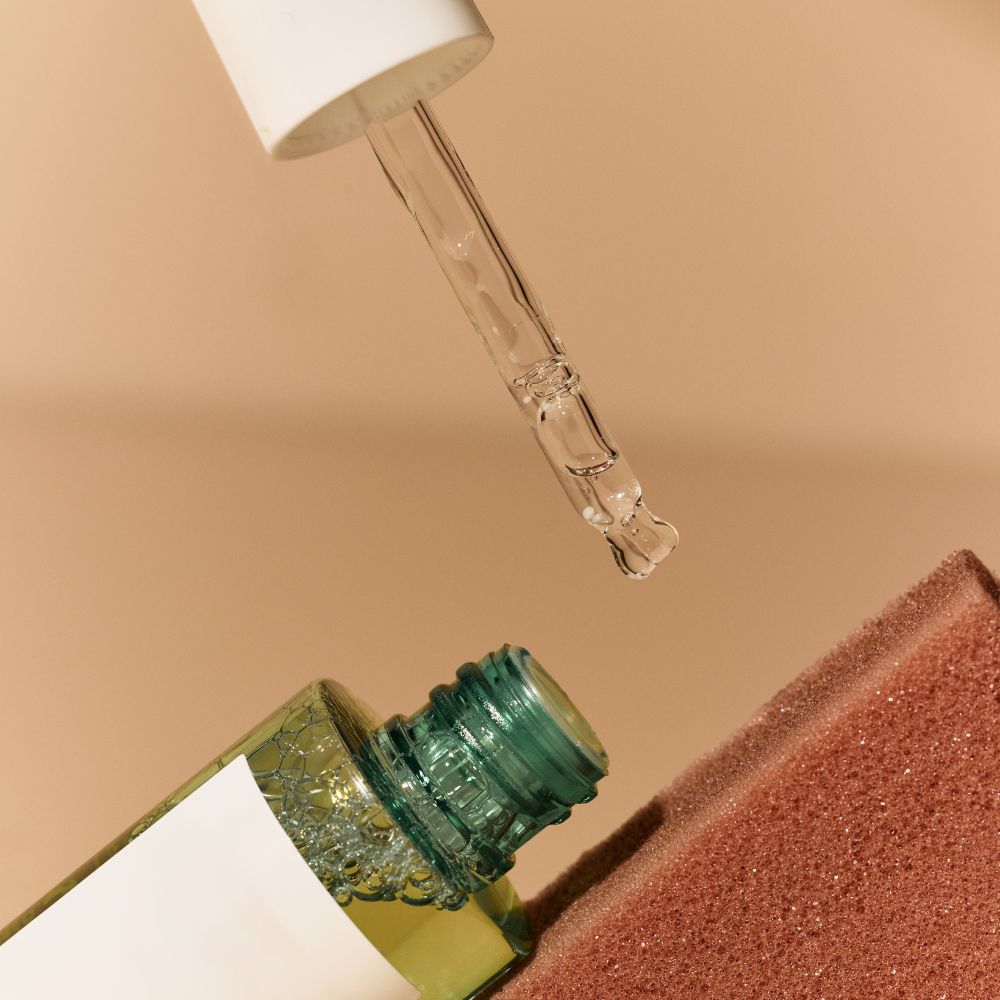
Ageing is inevitable. You grow older, wiser, with less collagen, and possibly a head full of silver hair. Finding a stray grey once you’ve crossed a certain age is expected. But spotting grey hair before your time? Well, while it can be a shock to the system, premature greying is completely normal, and you’re not the only one sailing on that boat. What exactly is causing your hair to go from vibrant shades of black, brown, pink, and blue to a mature-looking grey? Dr Madhuri Agarwal, MD, Yavana Aesthetics weighs in on the causes of premature greying, why it shouldn’t be a cause for worry, and whether there is any way to slow it down via your hair care routine.
Before its time
Let’s begin with breaking down what grey hair is caused by, no matter what your age. Just like your skin, hair strands also have melanin, and as you age, your hair follicles start to produce less melanin resulting in hair to grow grey or white. This loss of melanin is what causes your hair to lose its pigment. So what is premature greying of hair? Dr Agarwal says, “When greying of hair happens at a younger age - before 25 years, is called premature greying of hair. It is nowadays seen as early as 5-7 years old too.”
While ageing often takes the blame for greying, in the case of premature grey hair, many, many factors are also equally important. According to Dr Agarwal, this phenomenon can be triggered by genetics and oxidative stress. When your hair is exposed to pollution, UV rays, mental stress, nutrition deficiencies and lifestyle habits such as smoking, it can cause oxidative stress, which leads to the build-up of hydrogen peroxide—in excess, this can bleach the hair of its colour and result in early greying.

Premature greying of hair is totally normal…except when
“…there is sudden greying,” says Dr Agarwal. “Do look for internal causes such as vitamin deficiencies, thyroid disorders, and any recent illnesses like malaria or typhoid. Honestly, it is an aesthetic problem more than a health problem, so it can be alarming for aesthetic purposes.”
Combating the grey
The multi-million dollar question—can you reverse premature greying? Well, the answer is a simple no. While there are multiple sources that claim to get you back to your original hair colour, experts do say that this isn’t possible. “Once the hair follicles’ melanin-producing cells wear out and stop producing melanin, that pretty much becomes your natural hair colour.”
If you’re pre-genetically disposed to premature greying, then it’s difficult to stop it. However, when your greying is linked to nutritional deficiencies and lifestyle factors, Dr Agarwal says that you can definitely gain control over it, especially when the hair is just starting to grey and looks blackish-grey. “However, when it is silvery grey, it has lost all pigment and cannot be reversed.”
Grey matter: The best way forward
#1 - Eat A Well-Balanced Diet:
Low levels of certain minerals like vitamin B12 and D3, copper, and iron can cause loss of pigment in the hair. To prevent premature greying of hair, Dr Agarwal suggests eating a well-rounded diet with plenty of whole, protein-rich foods such as eggs, fish, and milk.
#2 - Reduce Stress:
Both physical and emotional stress can make your hair follicles more susceptible to free radical damage, resulting in premature grey hair. Keep stress levels at a minimum by exercising, getting enough sleep, and meditating.
#3 - Take Your Vitamins:
Supplements that contain hair-healthy nutrients provide your follicles with the required nourishment. Copper is one of the noteworthy ingredients that contributes to normal hair pigmentation.
#4 - Avoid Heat & Direct Sun:
Heat and UV exposure can cause oxidative stress, resulting in follicles losing their pigment.
#5 - Quit Smoking:
Scientists have suggested that smoking may prematurely grey hair through oxidative stress on the hair follicles too.
The Right Hair Care Routine
It’s actually a myth when people say that premature greying or greying, in general, can be reversed or ‘fixed’. According to Dr Agarwal, there are no concrete treatments, oils, or shampoos that can reverse hair greying. “Shampoos with antioxidants like green tea, selenium, or copper are prescribed, but they are not in contact with the scalp long enough to give those results.”
While hair care products cannot reverse premature greying, Dr Agarwal says that following a few general hair rules will keep damage at bay. “Avoid too many hair treatments that involve the bleaching of hair, as well as lighter hair colours. Opt for ammonia-free hair colours that minimise the damage.”
In terms of daily care, she recommends using a regular shampoo and conditioner that keeps your scalp clean and hair nourished. She advises to always cover your hair while travelling, especially when using open transport like trains and bikes.























